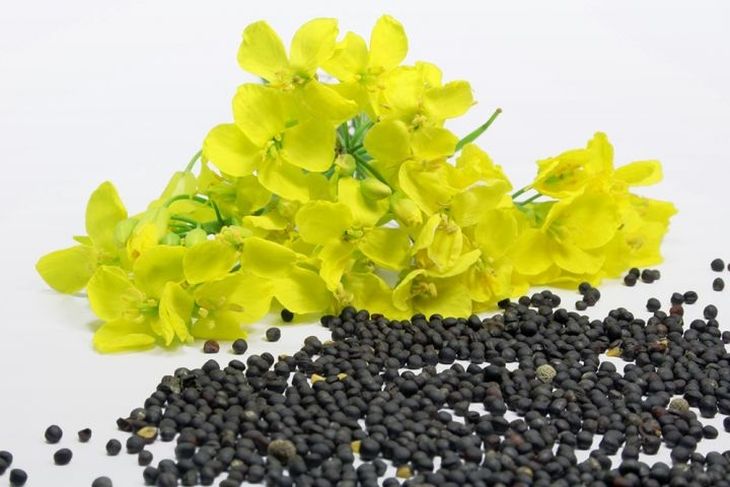Accelerating canola sowing in Canada is increasing pressure on rapeseed prices

In Canada, the weather in the spring was not very favorable for sowing canola: in some regions there was a drought, in others it rained excessively. This worried traders, so canola and rapeseed prices remained high. However, the completion of sowing in Canada and the improvement of crops in Ukraine and Australia have reduced speculative pressure on quotations.
In the province of Manitoba on June 12, canola planted 87% of the area (99% on average over 5 years). In Alberta, 98.7% of the area was sown on June 7, and in Saskatchewan, the largest canola producer in the country, as of May 30, only 66% of the area was sown because there was water in the fields. Some of the previously sown areas in the central areas of the province will have to be replanted due to poor germination and severe pest damage.
Against the background of accelerating sowing, November canola futures for the month fell by 6.5% to 1038 CAD / t or $ 805 / t, which is 73% higher than last year’s price level (879.5 CAD / t).
At the Paris MATIF, August rapeseed futures fell 16.6% to 754 € / t in the month, while the dollar fell to $ 787 / t as the dollar strengthened against the euro to $ 1,044 / t.
The EU is stepping up rapeseed imports and as of June 5 has already bought 5.06 million tons, which is 19.2% lower than last year’s rate, but exceeds the forecast by analysts for 2021/22 MY 4.5-5 million tons.
Improving rapeseed forecasts for Ukraine and falling soybean prices due to declining demand from China, where new covid outbreaks have reintroduced lockdowns, increase pressure on oilseed prices, including rapeseed.
Uncertain prospects for unblocking Ukraine’s ports and the congestion of crossing stations on the western borders will not allow the European Union to quickly obtain a new Ukrainian rapeseed, and a drought in the western EU lowers European rapeseed harvest forecasts.
Cargill plans to close its 750-tonne rapeseed processing plant, which has been operating in the UK since 1985 and produces up to 420 tonnes of rapeseed meal and 323 tonnes of oil per day. This is due to a significant reduction in rapeseed production in the country in recent years, a shortage of local raw materials and increasing dependence on imports. After the ban on the use of neonicotinoids (insecticides) in the UK, more and more farmers refuse to grow rapeseed, so sown areas decreased from 756 thousand hectares in 2012 to 306 thousand hectares in 2021.
Read also
Victoria Golubyatnikova, SGS – Speaker at BLACK SEA OIL TRADE-2025, Bucharest
Over 700 thsd tons of Ukrainian grain were exported
Moldovan government approves sale of Giurgiuleşti port to Romania
In Central Russia, oilseed crops overtook wheat in terms of sown area for the firs...
Sunflower seeds harvest forecasts: Drought hits Ukraine, while Russia and Kazakhst...
Write to us
Our manager will contact you soon



